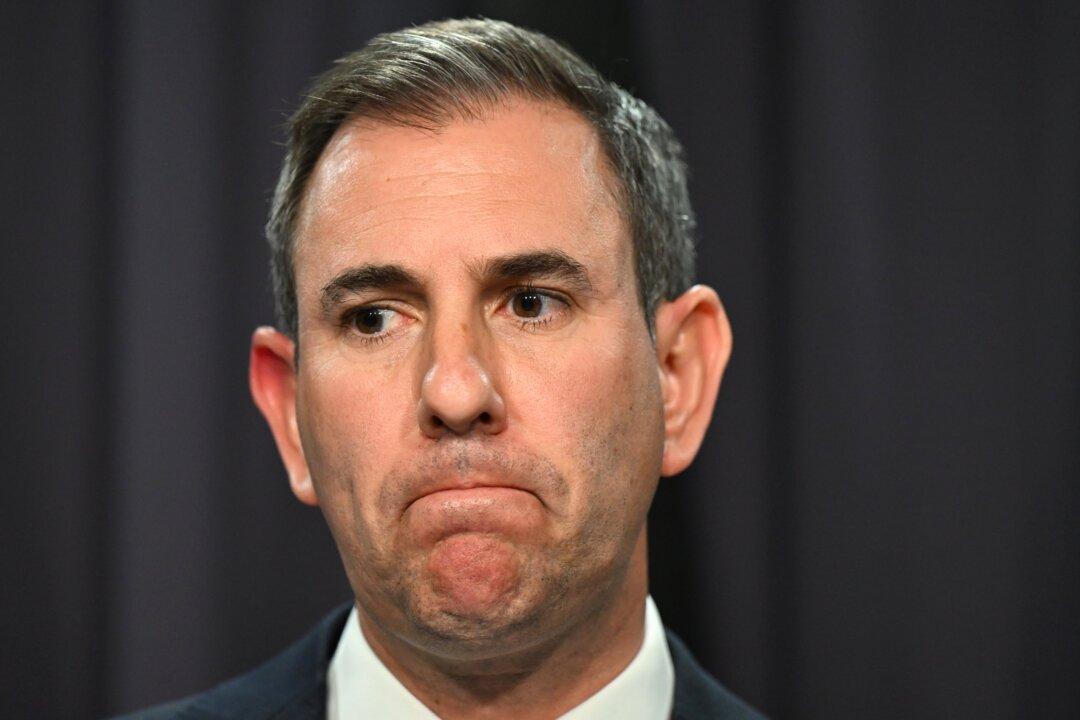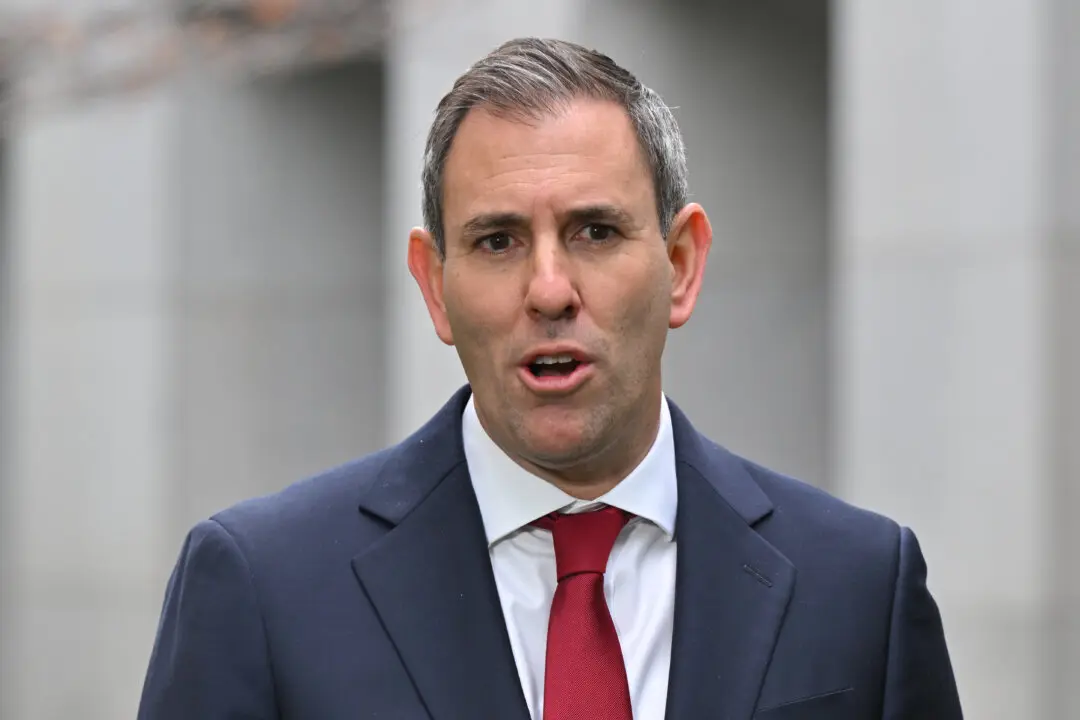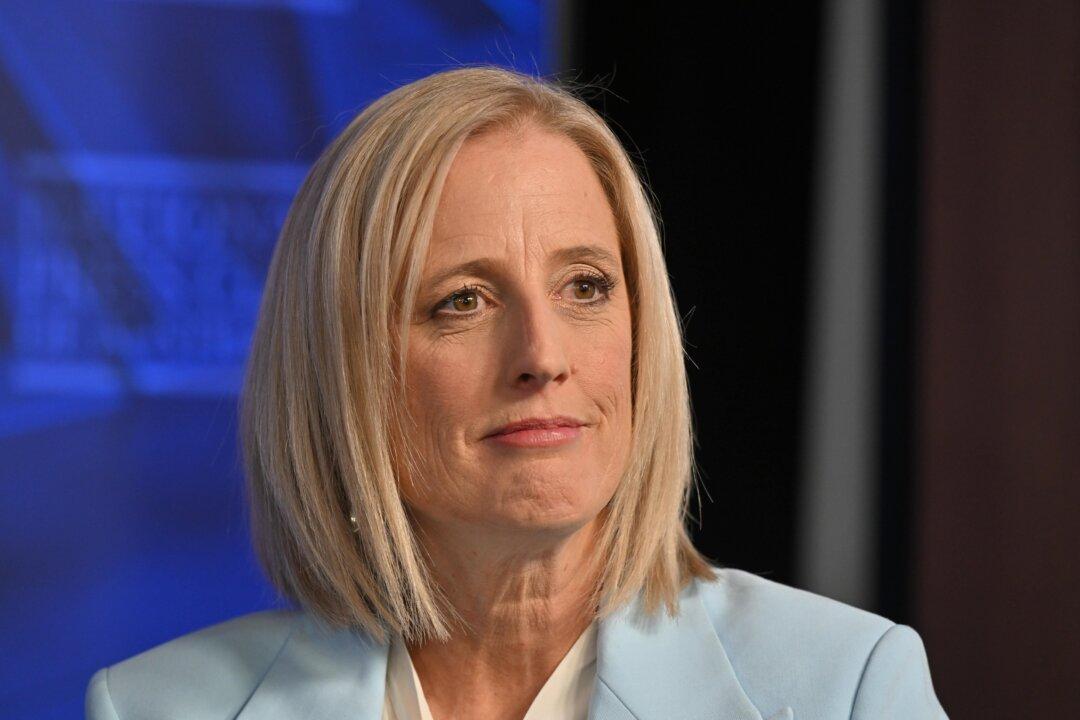On day one of Parliament Treasurer Jim Chalmers was challenged by the opposition for saying “global factors” were responsible for the nation’s sluggish growth numbers.
Liberal-National MPs said countries like the United Kingdom, Canada, and New Zealand had begun to see slowing inflation, but Australia was still struggling with the problem.





